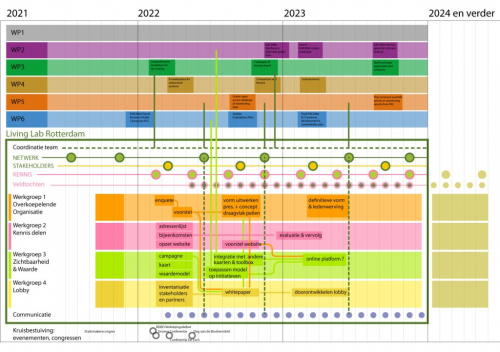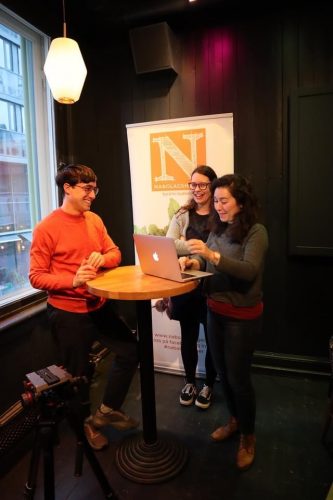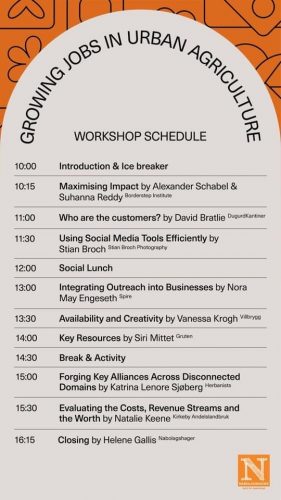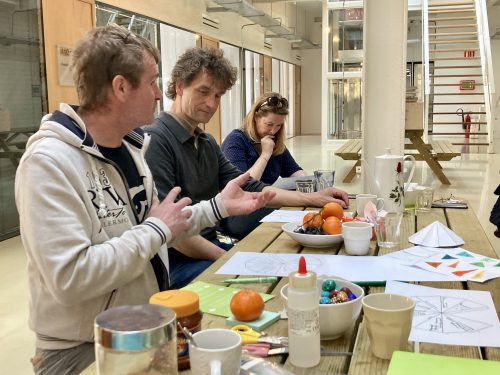Mapping food opportunities for Carthage, Tunisia
March 16th saw the completion of an important stage in the food-focused masterplanning for the City of Carthage, Tunisia. In a virtual meeting organised by the Institute of Organic Farming at BOKU University Vienna, Katrin Bohn and Ian Bailey (University of Brighton) handed over to the Carthage City Team the results of an 8-months-long participatory design process.
The University of Brighton team has worked with representatives of Carthage Municipality, the city’s mayor Dr Hayet Bayoudh, local research organisation REACT, local food initiatives and members of the public to identify strategies for Carthage to become an ‘edible city’. Consulting within the framework of finding transition pathways for several cities in the EdiCitNet project, Ian and Katrin led the Carthage city team in a 3-stage participatory opportunity mapping process. This process used Bohn&Viljoen’s food and opportunity mapping method previously developed and tested as part of our CPUL City Actions.
The first two phases of collaborative work – comparator and food mapping – enabled the city team to record and visualise existing food system activities and actors in the city, capture and classify existing and potential food spaces as well as tighten its research into the most urgent societal challenges the city aims to address through improved urban food planning. Prior to entering the last phase of collaboration – the opportunity mapping – all findings and interim concepts were presented to local stakeholders as well as external experts for their scrutiny and critical advise. Due to ongoing Covid-19 restrictions, we worked entirely online using frequent Zoom meetings, collaborative visualisation platform Miro and emailing to push ideas forward.
Katrin and Ian were now able to hand back into the ongoing transition pathway framework a synthesis of local desires, challenges, capacities and necessities: a complex, multi-layered mapping of opportunities taking into account the local stakeholder situation, existing and potential food spaces as well as social, environmental and economic priorities. Three main urban development themes have been verbalised, as well as a number of sub-themes and potential projects to kick-start the transition towards an ‘edible city’.





